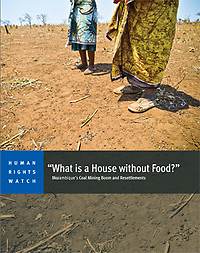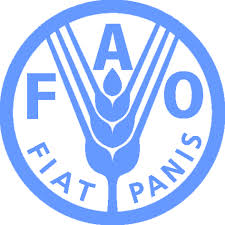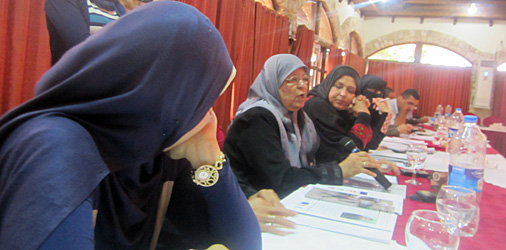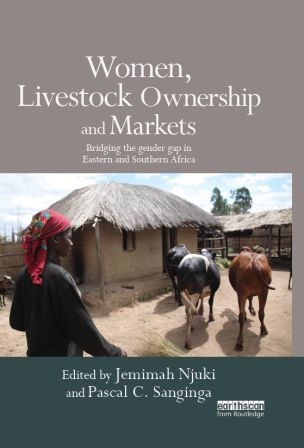From marginalisation to empowerment. The potential of land rights to contribute to gender equality – observations from Guatemala, India and Sierra Leone.
ActionAid would like to share with you this report that explores and demonstrates empirically, the close link between women’s secure access and control over land and natural resources, and their empowerment and ability to fight hunger. Please click here to access the report on the ActionAid International website.










